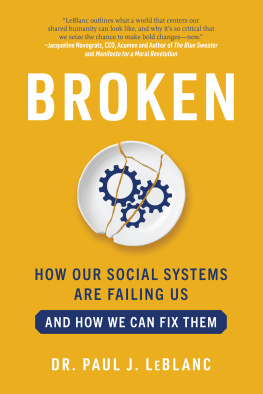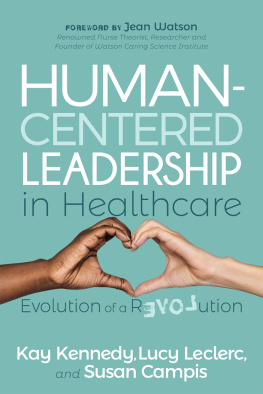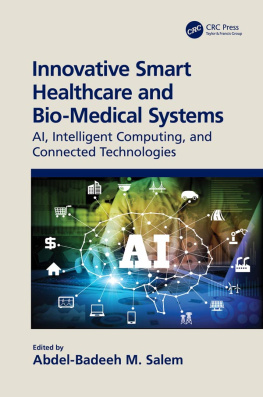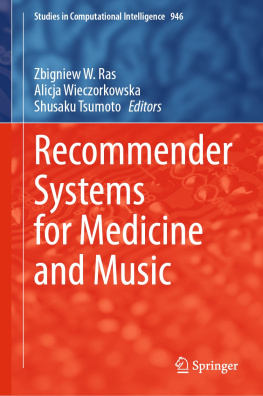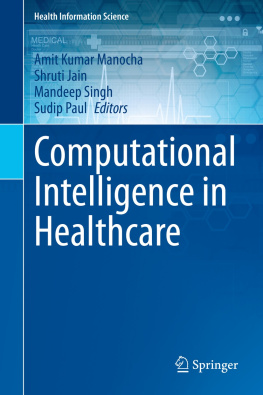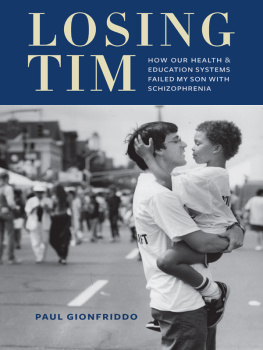Contents
Guide
Praise for Broken
It has been a privilege to collaborate with Paul LeBlanc on several occasions around the issue of climate change. There the innovative motivation of education met with the inspirational tradition of the church. In Broken, we once again acknowledge and admire the parallel worldview of the church in Pauls approach to dreaming bigger dreams (what in theological jargon we would call the heavenly kingdom), the power of stories (what in the Christian Gospel we observe in the parables), and the heart of leadership (what in church language is conveyed by an episcopate that looks beyond the conventional). Its an invitation to imagine different dimensions of the same challenges, abandoning old tired ideas and reaffirming the most important human and spiritual values. That is why this book deserves wide readership and recognition.
His All-Holiness Ecumenical Patriarch Bartholomew
We are navigating a world filled with broken systems. But in the wreckage lies opportunity. In his powerful book Broken, Paul LeBlanc outlines what a world that centers our shared humanity can look like, and why its so critical that we seize the chance to make bold changesnow. This is requisite reading for anyone who wants to be a part of the solution, not the problem.
Jacqueline Novogratz, CEO, Acumen and Author of The Blue Sweater and Manifesto for a Moral Revolution
As I dove deeper into Broken, I was encouraged yet also more impatient in regards to the need to unleash Pauls systems of care in addressing many of todays social justice problems, especially the educational divide. As Paul intimates, how do we build social systems that love ALL those they are intended to serve? Broken inspires those who are already engaged in education and/or social justice movements, as well as those who are on the sidelines, to find a compelling why to find equity-centered solutions. Youll find yourself hanging onto every word. Another must read from Paul.
Janiece Evans-Page, CEO, Tides
Paul LeBlanc, one of the nations most innovative and visionary university presidents, offers a thoughtful and thought-provoking look at how to counter the despair so many Americans feel about the state of our most vital systemsfrom education to health care to criminal justice. For all of us eager to find ways to truly be the change, Broken is a worthwhile and inspiring read.
Thasunda Brown Duckett, CEO, TIAA
Paul does a masterful job of honestly assessing our social systems from higher education to health care and criminal justice, weaving in his own decades-long personal and professional journey. He boldly posits that we are all complicit in broken systems that often fail those they are intended to help; but, instead of pointing fingers and laying blame, Paul lays out a strong case for how each of us can play a role in delivering on our promise to all people to help them realize their highest potential. As a CEO and workforce expert, I have a newfound appreciation for the national and economic security implications of not having a prepared workforce and too many people left behind, which is why Broken is such an important work.
Johnny Taylor, CEO, Society for Human Resource Management (SHRM)
In his last book, Paul LeBlanc challenged us to think differently about opportunity and access to college. In his galvanizing new book, LeBlanc turns his attention to systems of care in our society, including health care and criminal justice, in addition to higher education, that are in a state of brokenness. Employing his considerable gifts as a storyteller, LeBlanc asks his readers to consider social systems informed by love and respect for the human condition. LeBlanc helps us to conceive of a more whole and more humane society.
Dr. Matthew G Biel, Division Chief and Vice Chair for Child and Adolescent Psychiatry, Georgetown University Medical CenterMedstar Health
BROKEN
Also by Dr. Paul J. LeBlanc
Students First: Equity, Access, and Opportunity in Higher Education

Broken copyright 2022 by Paul LeBlanc
All rights reserved. No part of this book may be used or reproduced in any manner whatsoever without written permission of the publisher, except in the case of brief quotations embodied in critical articles or reviews.

Matt Holt is an imprint of BenBella Books, Inc.
10440 N. Central Expressway
Suite 800
Dallas, TX 75231
benbellabooks.com
Send feedback to
BenBella and Matt Holt are federally registered trademarks.
First E-Book Edition: 2022
Library of Congress Control Number: 2022013476
ISBN 9781637741764 (hardcover)
ISBN 9781637741771 (electronic)
Copyediting by Ruth Strother
Proofreading by Marissa Wold Uhrina and Brock Foreman
Indexing by WordCo Indexing Services, Inc.
Text design and composition by PerfecType, Nashville, TN
Cover design by Paul McCarthy
Cover image Shutterstock / Suradech Prapairat (plate); Shutterstock / CRStocker (gears)
Special discounts for bulk sales are available. Please contact .
For my parents, Eugene and Delphine, who taught me that every person deserves respect and a helping hand when in need.
CONTENTS
I have worked in higher education for all of my adult life, but this book is not about higher education. Nor is it a memoir. Its about how we can put people back at the center of systems that ostensibly exist to serve them but so often fail them insteadoften miserably so. That realization arose for me when I was writing Students First: Equity, Access, and Opportunity in Higher Education, a book about how to fix our system of higher education, the system I know best. That book, published in 2021, covers system redesign, better ways to measure performance, alternative ways to structure financial aid, and other attributes that shape our system of higher education. If we are to fix that system, we have to look hard at the way it is structuredat the policies, technologies, organizational structures, and operating assumptions that constitute the whole.
The goal of that analysis seems obvious: to make the system work better for students. Yes, higher education exists for many reasons: to create new knowledge, serve the economy, prepare the workforce, and provide entertainment. But its raison dtre is educating learners so they can improve their lives, nurture their families, and serve their communities. As such, the system should reflect a devotion todare I say love forstudents.
However, for too many Americans, the system inflicts a kind of emotional, psychological, and even material violence. Consider a system that
fails 45 percent of those who enter but never complete a degree;
saddles students with $1.7 trillion of debt, more than any form of debt aside from home mortgages;
creates anxiety and even depression among high school students worried about the admissions process;
forces students to conform to the systems demands rather than build in system flexibility to meet individual student needs;
exploits student-athletes to serve a multibillion dollar entertainment business in which they share almost none of the wealth they create, while their football coach routinely is the highest paid person on campus; and
Next page
